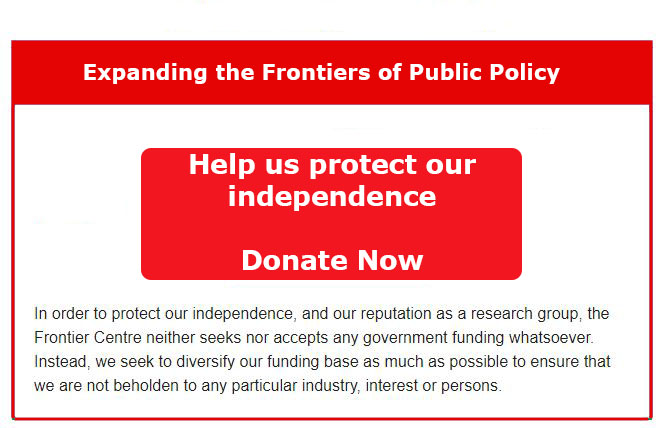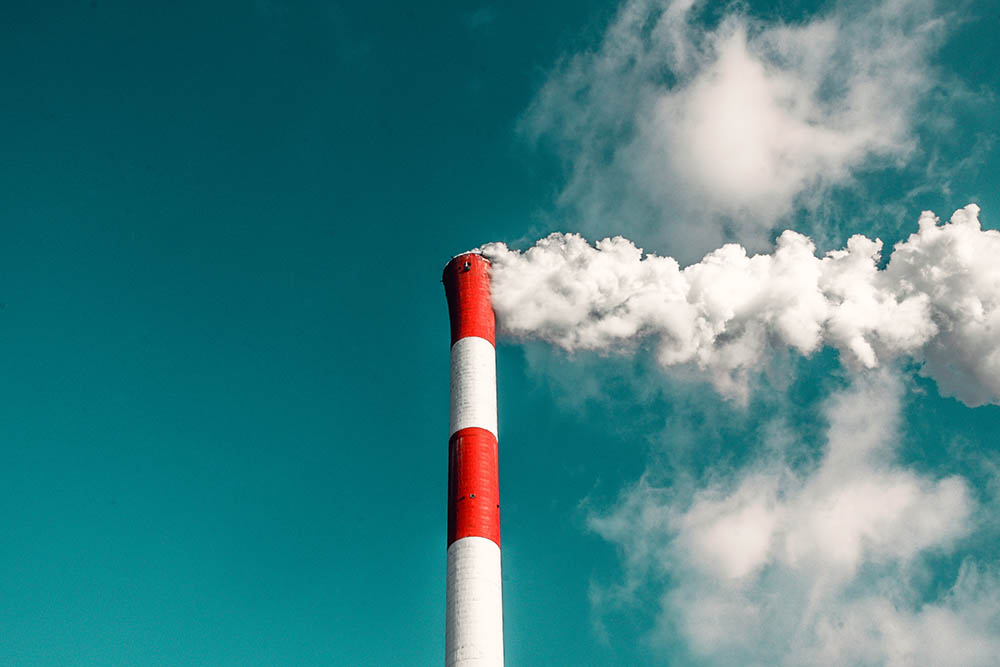Carbon taxes at the borders are becoming a popular idea among some countries and world regions. For example, the European Commission, the EU executive institution, is proposing environmental tariffs “on imports from countries with less stringent climate-protection rules.” The U.S. Democrats in the Senate have also proposed a similar measure. As reported by the New York Times: “Democratic lawmakers proposed to raise as much as $16 billion annually by imposing a tax on imports from China and other countries that are not significantly reducing the planet-warming pollution that they produce.”
In Canada, this option is also on the minds of some politicians. The government of Canada is examining the possibilities to copy the European policy. Especially considering that type of measure is supported by the U.K. Prime Minister Boris Johnson who wants a group of seven countries to discuss the idea of carbon taxes at the borders on the imports coming from countries in development.
If the protection of the environment is a reasonable cause, this type of taxation shows some problems. Mainly, the fact that ecology seems to be a pretext to a more political policy.
Ecology and environmentalism seem to be a pretext for these taxes. However, the latter respond more to protectionist logic. In recent years, free trade has been criticized a lot, and protectionism has gained popularity. In the EU, the rise of the doctrine of European sovereignty by Macron’s France and the “America First” of former president Trump followed by the “Buy American” of president Biden all show the revival of the will to impose trade barriers and more regulations. The carbon border tax follows this trend. After protecting the workers, the discourse is to protect the environment. But in both cases, it will help neither.
Moreover, these taxes will concern mainly emerging countries and third world ones. They are the countries that have less regulation about pollution and carbon emissions than industrial countries. This tax will mainly punish developing countries or countries with a primary economy that do not have clean energy technology. The side effects of these taxes, like economic difficulties and the weakening of some industrial sectors, would be mainly borne by non-western countries.
This taxation may be a sanction against revisionist powers like Russia or China. It is not a surprise that some trading partners of the EU, like Russia, were against this policy. As reported by the Financial Times: “Russia calculated that it stood to lose $7.6bn from it, making Moscow potentially one of the biggest losers from the measures.” Considering the tensions between the EU and Moscow, the weakening of the Russian economy is not something that would cause problems to European politicians.
But even in western countries, this taxation will have some side effects in any part of the economy, especially the industrial sectors. Tariffs will hurt workers, particularly those who work in energy and industrial areas. Indeed, a tax at the border would raise the costs of production and can make these industries less viable.
One of the fears of some politicians is that this tax could recreate a “rust belt”: cities or states/provinces that have lost their leading economic sector, leading them to economic crises. With this tax, the industries which rely on importations will be heavily penalized. Trump tariffs penalized the rust belt. This new trade war could have the same effects.
The attack on the industry carries a high risk for Canada, considering that 28 per cent of its GDP came from the industry in 2017. In comparison, in the U.S., this share is 19 per cent of American GDP. Canada cannot allow a vital part of its economy to be under pressure. Moreover, if the production costs rise, the price of the products will also increase, so it will be the consumer who will also have to pay more. Inflation is currently growing. It is not a good time to introduce new taxation which would make products more expensive.
The carbon border taxes will not save the climate but will create trouble in the world economy.
Alexandre Massaux is a research associate at the Frontier Centre for Public Policy.
Photo by veeterzy on Unsplash.



